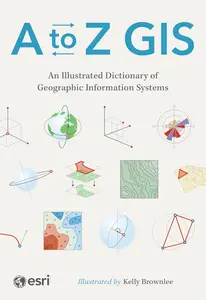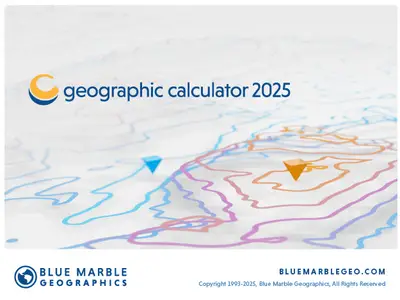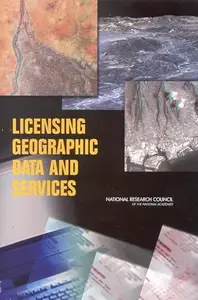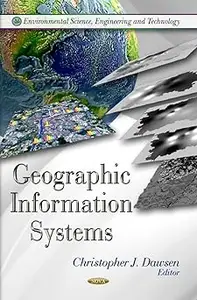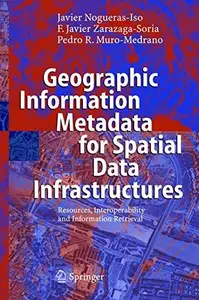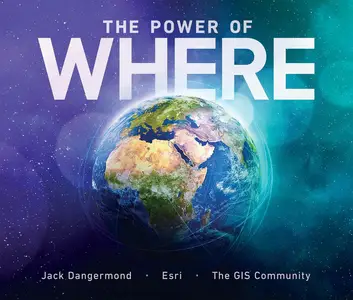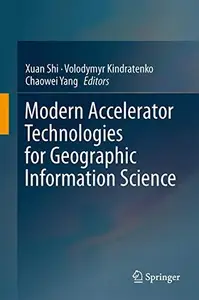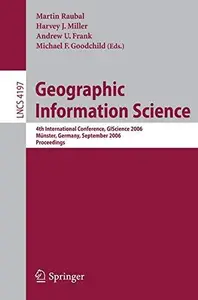 Free Download Geographic Information Science: 4th International Conference, GIScience 2006, Münster, Germany, September 20-23, 2006. Proceedings By Pragya Agarwal, Roderic Béra, Christophe Claramunt (auth.), Martin Raubal, Harvey J. Miller, Andrew U. Frank, Michael F. Goodchild (eds.)
Free Download Geographic Information Science: 4th International Conference, GIScience 2006, Münster, Germany, September 20-23, 2006. Proceedings By Pragya Agarwal, Roderic Béra, Christophe Claramunt (auth.), Martin Raubal, Harvey J. Miller, Andrew U. Frank, Michael F. Goodchild (eds.)
2006 | 422 Pages | ISBN: 3540445285 | PDF | 9 MB
The GIScience conference series (www. giscience. org) was created as a forum for all researchers who are interested in advancing research in the fundam- tal aspects of geographic information science. Starting with GIScience 2000 in Savannah, Georgia, USA, the conferences have been held biennially, bringing together a highly interdisciplinary group of scientists from academia, industry, and governmentto analyze progressand to explore new researchdirections. The conferences focus on emerging topics and basic research ?ndings across all s- tors of geographic information science. After three highly successful conferences in the United States, this year’s GIScience conference was held in Europe for the ?rst time. The GIScience conferences have been a meeting point for researchers coming from various disciplines, including cognitive science, computer science, engine- ing, geography,information science, mathematics, philosophy, psychology,social science, and statistics. The advancement of geographic information science – quiressuchinterdisciplinarybreadth,andthisisalsowhatmakestheconferences so exciting. In order to account for the di?erent needs of the involved scienti?c disciplines with regard to publishing their research results, we again organized two separate stages of paper submission: 93 full papers were each thoroughly reviewed by three Program Committee members and 26 were selected for p- sentation at the conference and inclusion in this volume. Then, 159 extended abstracts, describing work in progress, were screened by two Program Comm- tee members each. Subsequently, 42 of them were selected for oral presentation, and 46 for poster presentation at the conference.
(more…)
